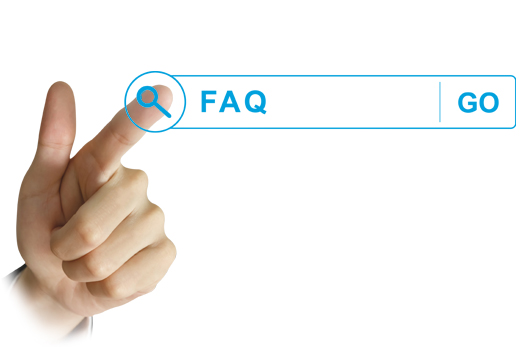FREQUENTLY ASKED QUESTIONS
The most common performance issues are caused by (1) a very slow Wi-Fi connection; (2) using extremely large documents; or (3) a combination of both. For the best experience, you should make sure that the Wi-Fi or other internet connection you use is adequate (look for a minimum speed in the range of 5Mbs upload and 5Mbs download). And make sure that the documents you use are not unnecessarily large due to the way they were scanned or otherwise converted to .pdf format.
We can get the members of your team set up with all the training you need, including (1) training on the back end system for those who need to set up cases and deposition sessions and upload documents; and (2) training on the iPad or web apps for those who will use the app during the deposition.
Usually, the court reporting agency will provide a laptop or iPad for the witness to use during the deposition.
The system accepts the following file types: PDF, DOC, DOCX, XLS, XLSX, PPT, PPTX, TXT, TIF, PNG, JPEG, GIF, MP3, WAV, AAC, WMA, MPEG-1, MPEG-2, MPEG-4, WMV, AVI, MOV. File type other than audio or video files will be converted to PDF.
Documents are hosted in a secure database similar to how documents are hosted by third party e-discovery providers. We can provide you with full security documentation upon request.
Using our eDepoze Web Manager, you can either upload documents from your local server/desktop. Links to ediscovery or document management systems will be added in future releases.
Each deposition participant will need some internet connection, whether through a wired connection on their laptop, a guest Wi-Fi network, a hotspot, or an LTE connection. Prior to using eDepoze, you should arrange to check the availability of an internet connection at the deposition location. If the primary internet option is a guest Wi-Fi network, you also should arrange to check the connection speed. [If applicable: eDepoze can check the Wi-Fi connection before the deposition and provide a Wi-Fi hotspot for a fee.]
It’s obviously best to have everyone’s cooperation up front, but the system is designed to allow you to use eDepoze if you want. Anyone else can log in on their laptop or iPad as a guest for free and they will receive unstamped courtesy copies of each exhibit just as they do now. They can download or email copies of those documents to themselves. As with paper, they will just have to wait to get the official exhibit from the court reporter after the deposition. If you are dealing with a very uncooperative lawyer or witness, you could accommodate them by providing one courtesy paper copy at the deposition, but that’s typically not necessary.
The rules may differ between jurisdictions, but we recommend that you include a statement about eDepoze in the deposition notice, similar to the kind of notice you might include if you intend to use video or live transcription. [If asked: We can provide you with a template that others have used.


